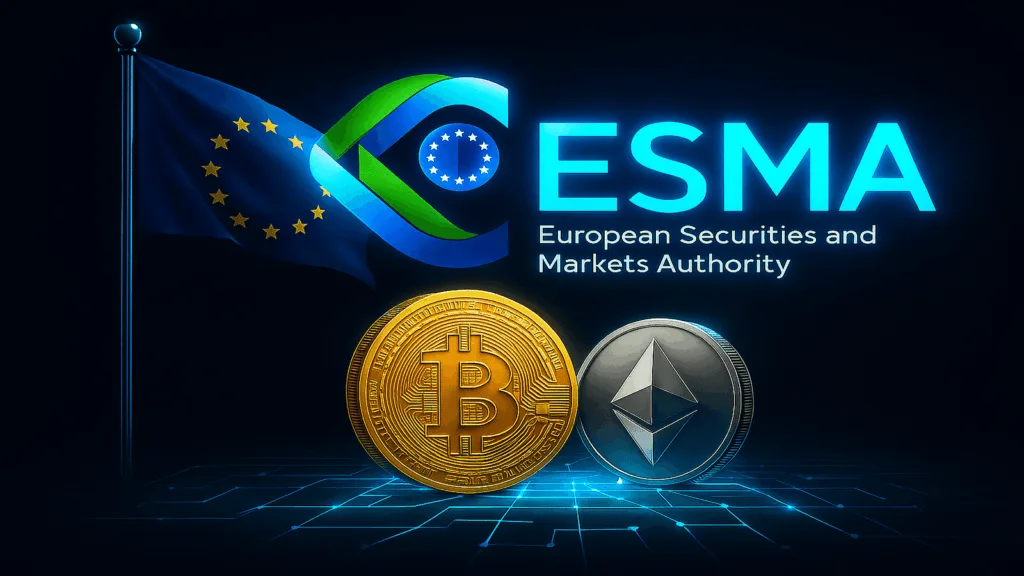The European Union (EU) is in the process of streamlining oversight over the crypto market. The European Commission (EC) is considering to increase the supervisory authority for the European Securities and Markets Authority (ESMA). The development was revealed by ESMA Chair Verena Ross in an interview with Financial Times.
Ross said that EC is looking to eliminate the fragmented oversight over EU’s financial markets — that now includes crypto alongside stocks. The move is intended to bring a more unified supervision over the markets.
If the change is implemented, crypto service providers including exchanges and custodians that have registered their operations under EU’s MiCA rules will have to report to the ESMA — instead of multiple separate national authorities.
At present, Ross pointed out, there prevails several insufficiencies and inconsistencies around regulatory oversight on financial markets.
“It takes a lot of effort from us and the national supervisors to achieve alignment. Specific new resources had to be built up 27 times, once in each member state, which could have been done more efficiently at a European level,” Ross has been quoted as saying.
Based in Paris, the ESMA was established as independent EU Authority set up in 2011. It was tasked with the responsibility of developing and maintaining a single financial markets rulebook that would apply uniformly across the EU nations. It is also in-charge of safeguarding EU’s investor community against crimes and attempts of market manipulation.
Now that EU’s comprehensive crypto-focused MiCA laws have gone into full effect, the region is reportedly evaluating if foreign market entrants from the crypto and stocks sectors should be completely overseen by the ESMA.
More clarity on the situation is expected to follow in the coming months. As of now, Ross has not shared a specific timeline by when the finalization of this decision is likely.
Meanwhile, the EU member nations are still in the process of analyzing the impact of the MiCA regulations. Last month for instance, France raised red flags against the “passporting” feature of MiCA licences — that lets crypto firms licensed anywhere in the EU, operate in other regions as well.



